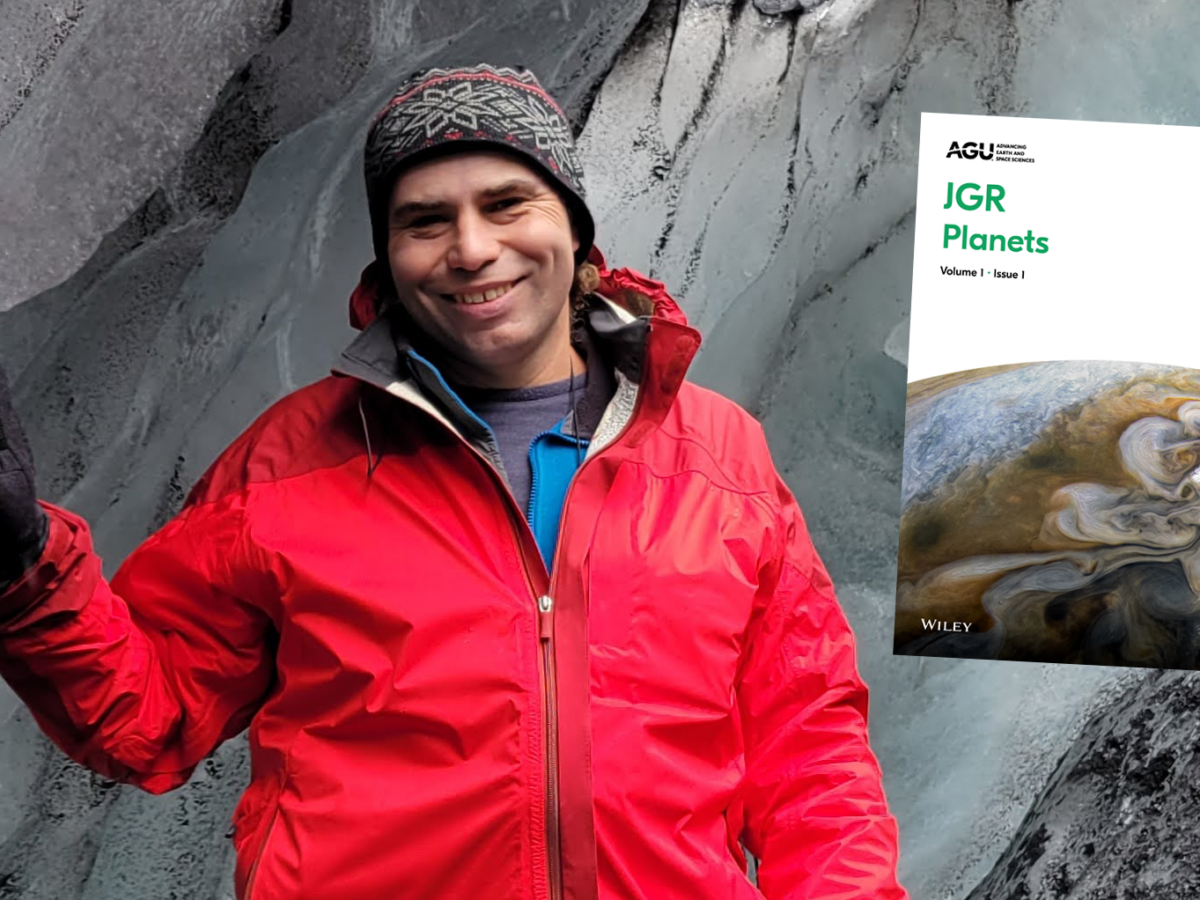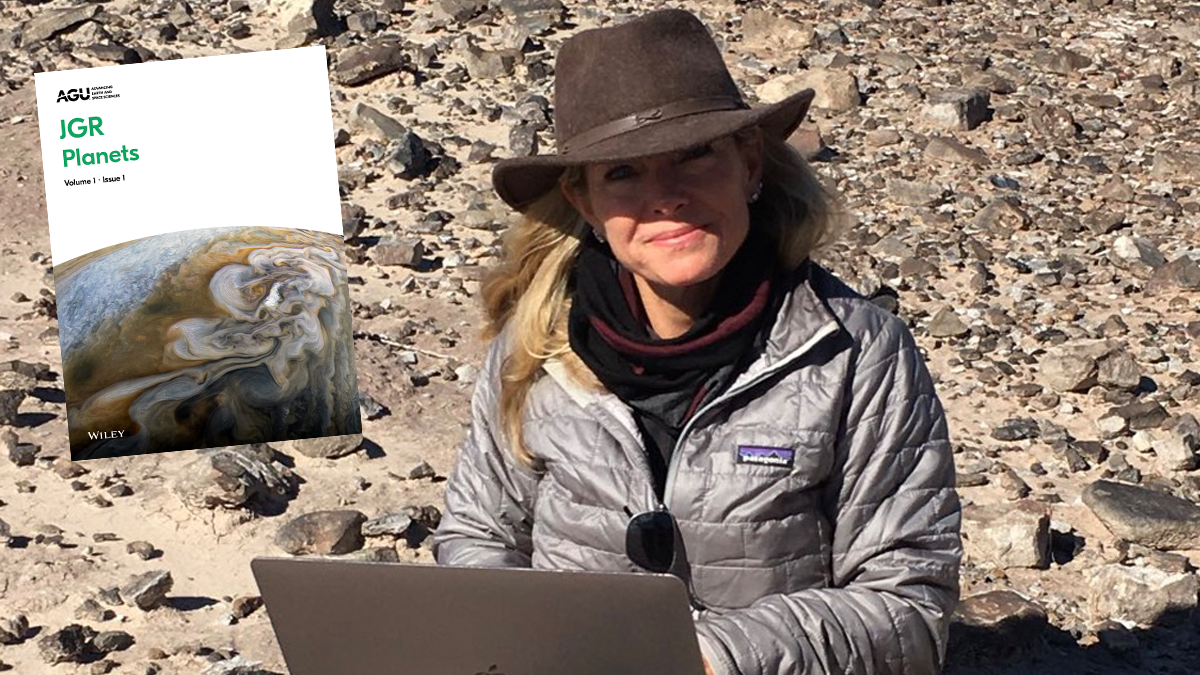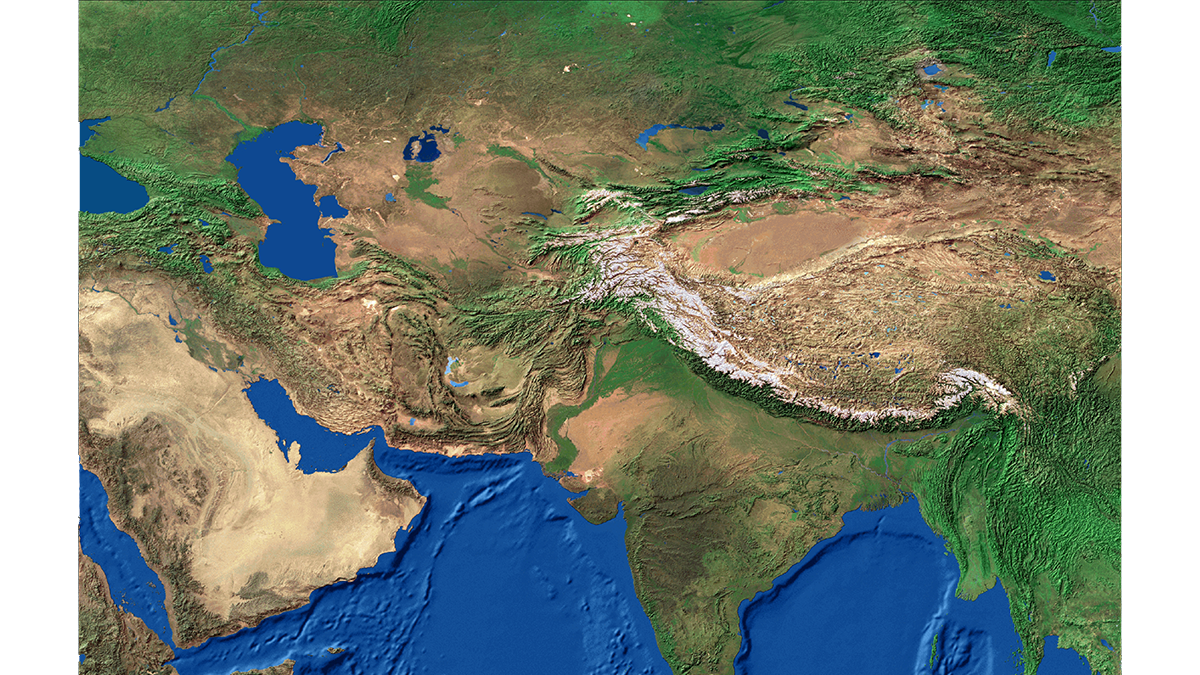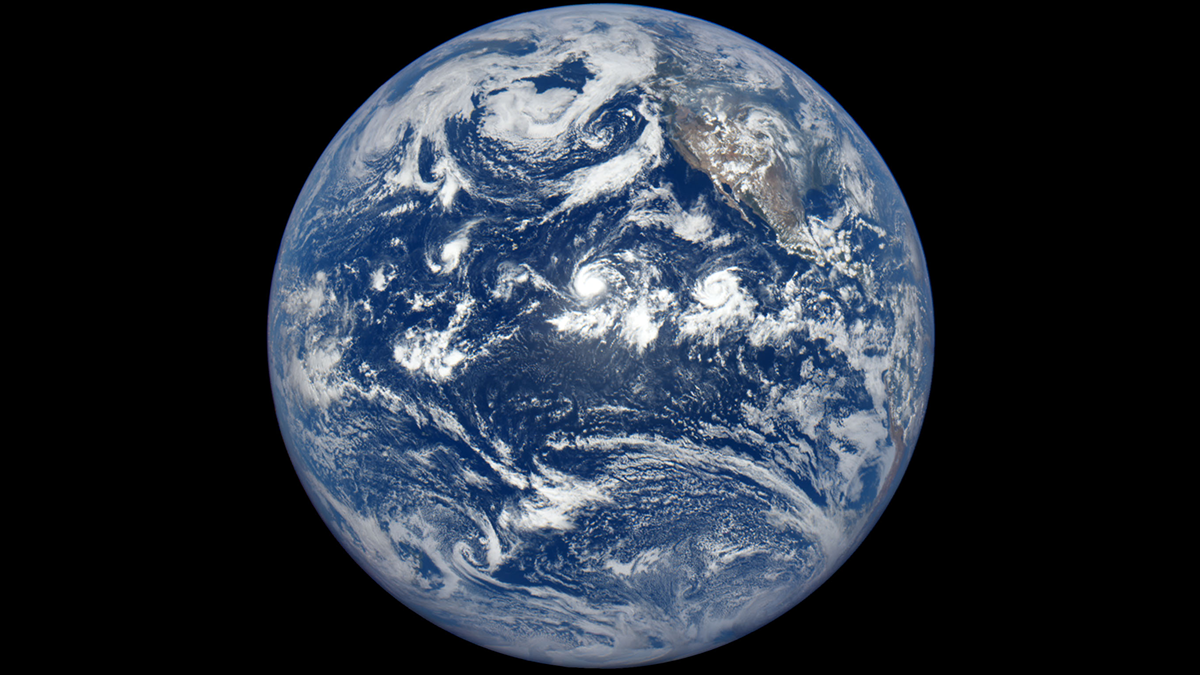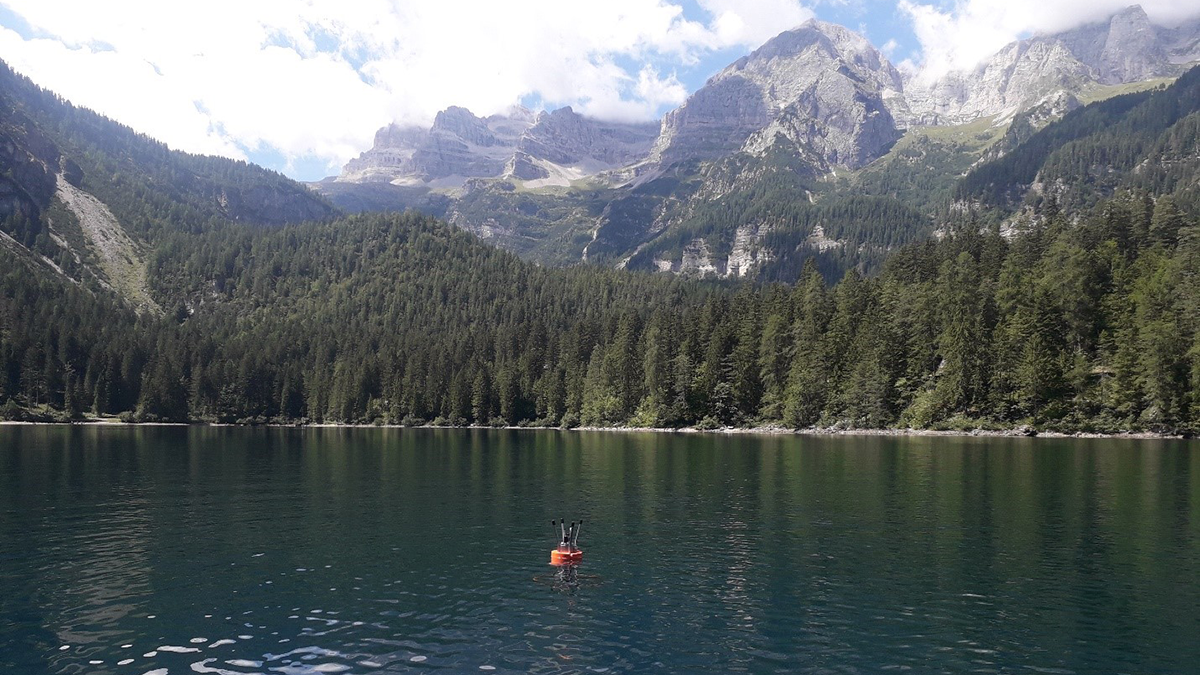Recent progress in the analysis of seismic waves enables us to determine where, and sometimes how, the base of the mantle deforms.
Editors’ Vox
AGU Introduces a New Policy to Foster Inclusion in Global Research
AGU Publications updates its authorship policy to foster greater equity and transparency in global research collaborations and help to address the issue of parachute science.
Reflecting on 5 Years at the Helm of JGR: Planets
The outgoing Editor-in-Chief of JGR: Planets reflects on the position of planetary sciences within AGU and the dedication of the planetary science community to supporting sound and insightful science.
Introducing the New Editor-in-Chief of JGR: Planets
Learn about the person taking the helm of JGR: Planets and their vision for the coming years.
Harmonizing Theory and Data with Land Data Assimilation
Land data assimilation advances scientific understanding and serves as an engineering tool for land surface process studies, reflecting the trend of harmonizing theory and data in the big data era.
Challenges in Evaluating Climate Sensitivity from Climate Models
In recognition of the 50th anniversary of Geophysical Research Letters, the editors showcase an exceptional study published in the journal that investigates the climate sensitivity in CMIP6 models.
Foundations in Hazards and Disasters for Undergraduate Students
A new textbook for undergraduates explores different types of natural hazards and disasters through foundational scientific knowledge, engaging case studies, and mitigation strategies.
Exploring Alfvén Waves Across Space—and Disciplines
A new book presents an interdisciplinary review of Alfvén wave research, sharing the latest insights from the solar, planetary, and terrestrial sciences.
Challenges and Prospects for Modeling Lake Water Temperature in a Changing Climate
Climate change is having a significant impact on the temperature dynamics of lakes worldwide, affirming the need for accurate modeling to inform management and conservation strategies.
Challenges in Measuring Aerosol Cloud-Mediated Radiative Forcing
Satellites are required for the global measurement of aerosol cloud-mediated radiative forcing, but satellite retrievals of aerosols and cloud properties still have challenges to overcome.



